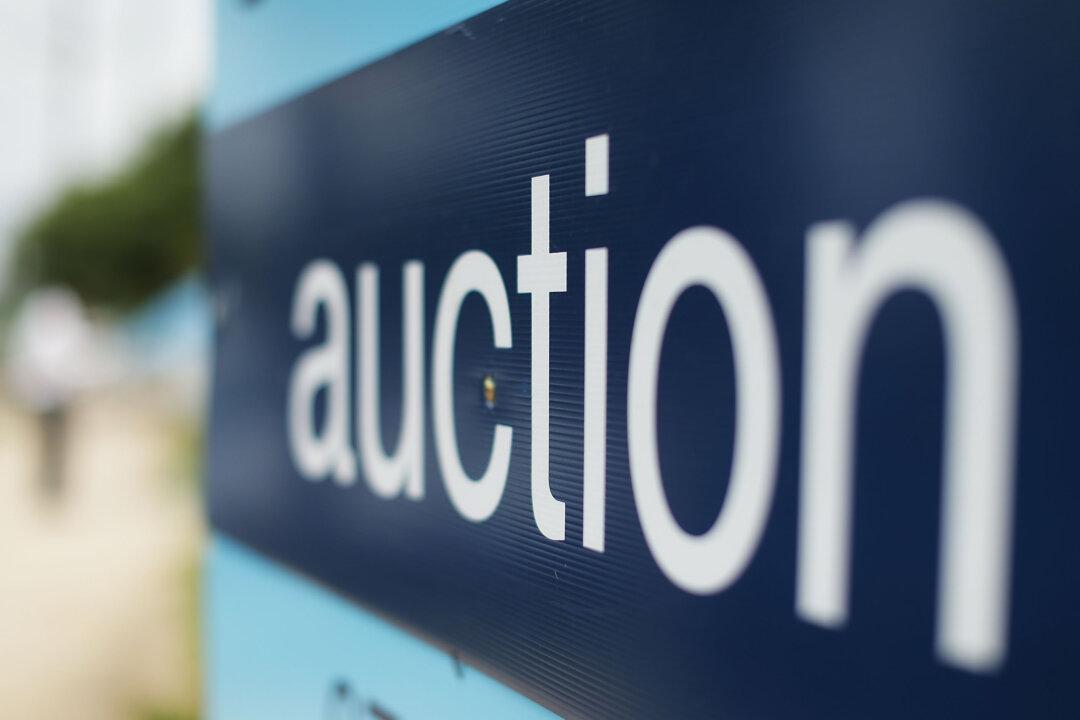A financial expert has advised Australians aspiring to be homeowners to take advantage of the current interest rate situation to make their dream come true.
The Reserve Bank of Australia (RBA) has implemented an interest rate hiking cycle since May 2022 to combat high inflation, which took the official cash rate from the historic low of 0.1 percent to the current 4.1 percent.





